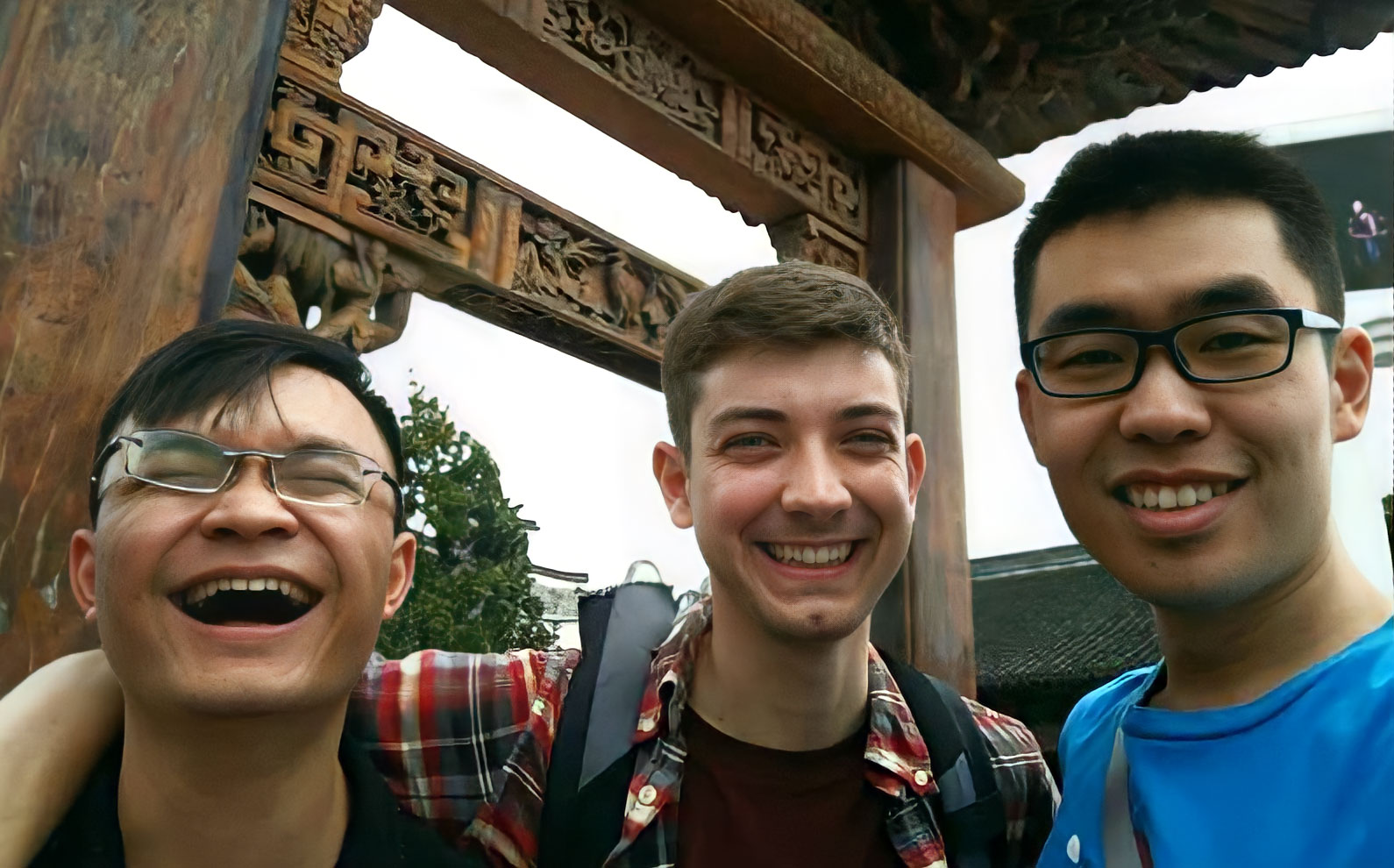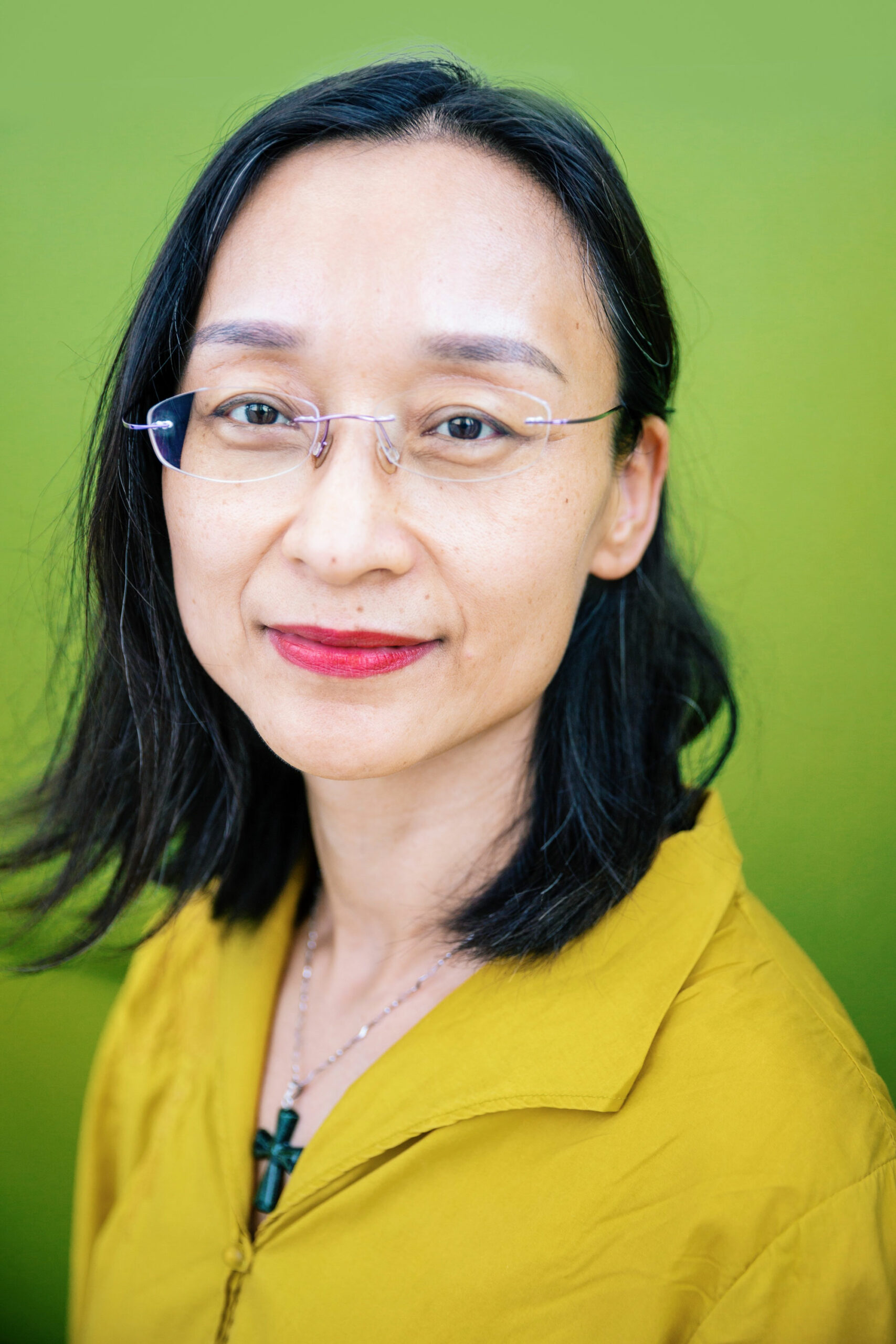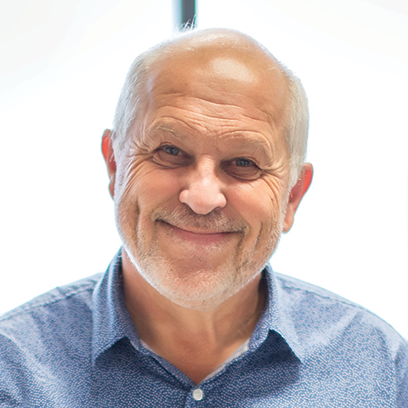Three researchers from Duke Kunshan and Duke University have called for action to tackle inaccurate citations in biomedical literature, in a paper published in the British Medical Journal, one of the world’s most revered scientific forums.
Up to 25% of citations in general scientific literature are inaccurate and mislead physicians, academics, and policymakers with potentially serious results, they say, and emerging artificial intelligence technologies are likely to exacerbate the problem. However, steps could be taken to limit inaccurate citations, using artificial intelligence, declarations of accuracy and a standardized classification system for errors.
“In the age of evidence-based medicine, it is critical to ensure the accuracy of claims that may influence real-life treatment decisions or our understanding of fundamental biology. But going beyond that, it is also a matter of integrity – it speaks to the character of the scientific process,” said Nicholas Peoples, an alumnus of DKU’s Master of Science in Global Health program and lead author of the paper.

Peoples worked on the paper, titled, ‘The Burden of Proof: Combating Inaccurate Citation in Biomedical Literature’, with Lijing Yan, a professor of global health at DKU, and Truls Østbye, a professor of family medicine and community health at Duke University.
Inaccurate citations have become a common problem in scientific literature, they say, often passed on from paper to paper, with some estimates suggesting citation error rates of 11% to 15% in biomedical literature and up to 25% in general scientific literature. The result of this can be to amplify inaccurate information and in serious cases even distort scientific consensus. They highlight one surgical study that was misquoted by 40% of articles that cited it, “creating an unsupported but widely accepted guideline for how an orthopedic procedure should be performed.”

“Inaccurate citations that distort the facts can mislead physicians and trickle into real-world practice,” said Peoples, who is in his final year of medical school at Baylor College of Medicine and currently a Schwarzman Scholar at Tsinghua University in Beijing, China.
“Doctors depend on the literature to make serious medical decisions. But we often have to read broadly rather than deeply, searching for answers based on our patients’ individual needs. This means we are more at risk of being influenced by misleading statements compared to someone with niche expertise in that specific research area. We depend on the subject matter experts to first get the science right,” he added.
Current strategies for tackling inaccurate citations include peer reviewing and a general assumption of academic integrity, but these have proved inadequate in preventing the problem, according to the paper. The authors suggest adding several new tools, including developing a standardized classification system for these errors, adopting a declaration of accuracy in scientific papers and harnessing the power of AI to flag fake or misleading references.

A standardized classification system of inadequate citations would help to clarify the problem and the underlying reasons for it, according to the report.
Alongside this, a requirement for the authors of scientific papers to write a declaration that all citations in their manuscripts are accurate, “could reduce inaccuracies by adding an extra layer of quality control to the publication process,” said Yan.
The urgency to tackle the issue of inaccurate citations has, “grown with improvements in artificial intelligence that could potentially inflate the problem to a much larger scale,” said Østbye. However, it could also be harnessed to tackle the issue, he added, by integrating AI programs into manuscript submission portals in order to confirm that citations are accurate, or by using the technology to act as a kind of second peer reviewer.
Peoples concluded: “DKU taught me the value of an accurate literature review from day one. I’m grateful we have the opportunity to encourage these high standards on a broader scale.”

